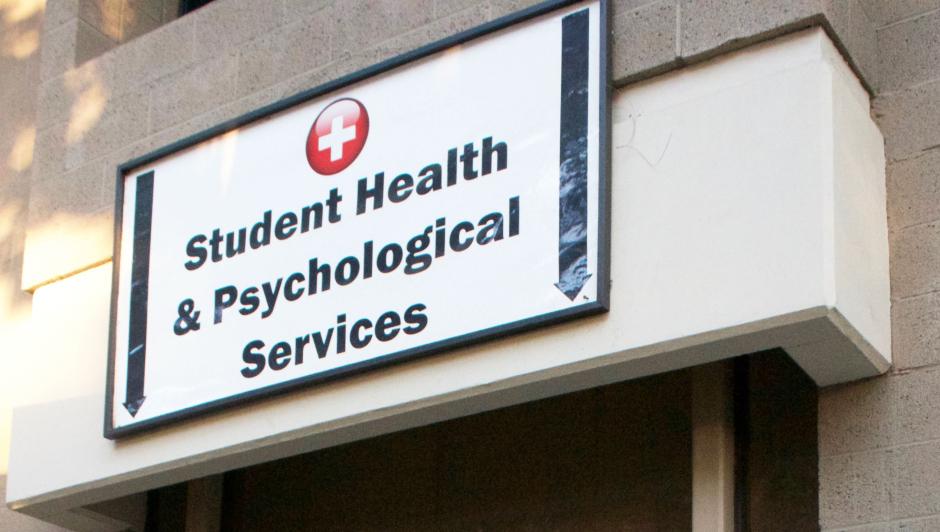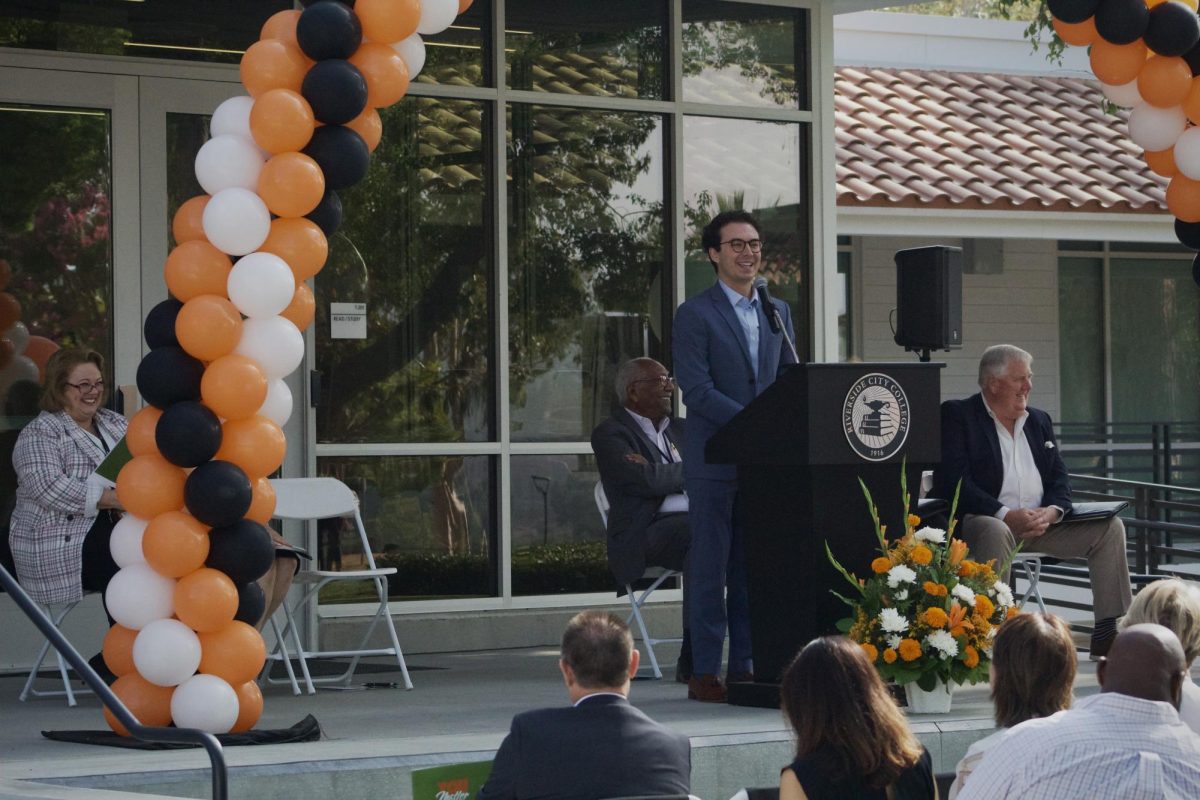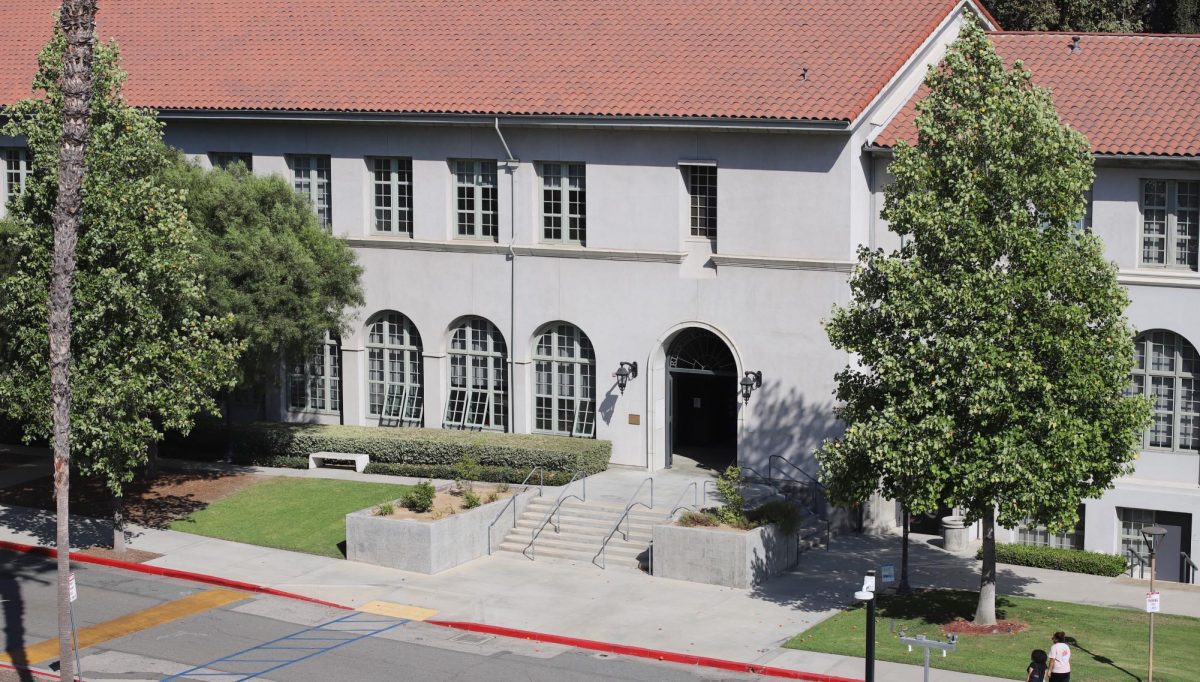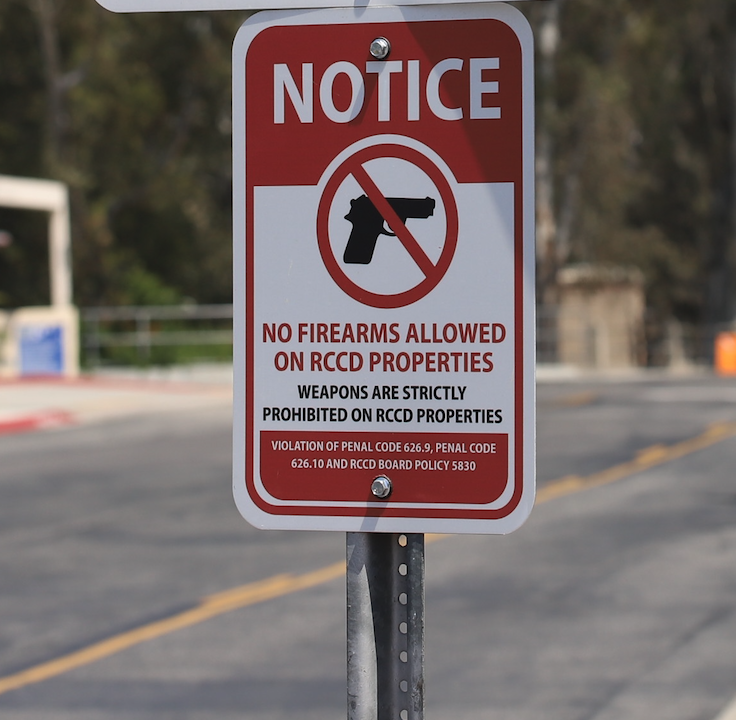
By Erik Galicia
Drugs and alcohol seem to make frequent appearances in the lives of college students, putting this demographic at a high risk for abuse and negative consequences.
According to a 2012 report by the Journal of College Student Development, a University of Michigan study entitled Monitoring the Future found that 63% of students had experienced a negative consequence in the past year as a result of their drug use. The study said that 76% of those students were interested in some form of intervention.
But with addiction still stigmatized by society, it can be difficult for some students to find the help they need.
“We can combat the stigma by understanding what addiction really is,” said Kevin Wurtz, mental health supervisor at Riverside City College. “Addiction is a disease, not a moral problem.”
Wurtz believes that everyone comes with their own “built in image of what an addict is.” This image typically takes on the form of someone living in the streets and talking to themselves.
“We see that and we think, ‘I’m not that,’” Wurtz said. “But when we educate people on the disease model of addiction, the willingness of the addict to admit their struggle and seek out help increases.”
Wurtz splits the addiction process into four stages. The first stage being experimental or social use, then actively seeking the high and taking on addictive traits. In the final stage, the individual has become dependent on addictive behavior to simply “feel normal.”
“Everyone starts out thinking they’ll stay in stage one forever,” Wurtz said. “Then they start finding themselves in places they wouldn’t normally be, doing things they wouldn’t normally do.”
RCC’s mental health services are available to all students free of charge. They provide one-on-one therapy as well as the Seeking Success program for students seeking counseling. The health services department also provides free over-the-counter medicine, low-cost prescriptions and physician diagnoses.
“Addiction is not a problem of substances,” Wurtz said. “It’s a problem of life getting in the way and not having the right tools to manage that.”
“Most college students come in with limited tools to deal with stressors like work, relationships and school,” Wurtz said.
These stressors can lead a student to “numb the problem” with drugs and alcohol but once a student crosses into abuse, they can start missing class, neglecting responsibilities and damaging relationships.
Seeking Success is RCC’s version of the Seeking Safety program, which is a highly studied treatment developed specifically for people suffering from trauma and addiction.
“Seeking Success focuses on helping students with triggers and setting boundaries,” Wurtz said. “We can provide accountability and give you the tools you need so that you don’t have to turn to substances.”
Wurtz feels that the mental health services at RCC can be a bridge to outside services and will refer students to higher levels of treatment if needed.
There are various options available in the city of Riverside for students who might need those higher levels of treatment.
MFI Recovery is a nonprofit accredited treatment organization that accepts Medi-Cal and has multiple locations in the city of Riverside . They aim to transform patients into productive people by utilizing evidence-based treatment and family support.
“MFI offers medically-supervised detoxification, residential treatment and outpatient services for men and women,” said Andrew De Leon, program outreach specialist at My Family Inc. Recovery.
“Counseling helps people struggling with addiction understand the challenges that lay ahead and gives them the tools they’ll need to accomplish their goals,” De Leon said. “We have clinical groups that focus on relapse prevention, domestic violence, dual diagnoses and grief in recovery.”
MFI Recovery also provides free childcare for those who enroll and even has residential facilities that allow children to live with their mother while she is in treatment.
Wurtz argues that although inpatient treatment is necessary for addicts to begin abstinence in many cases, it is not the most effective approach for long-term recovery.
“You have to learn to live life on life’s terms and you don’t learn that in the safety of rehab,” Wurtz said. “Life is full of challenges and problems, so the real success comes with ongoing engagement in the recovery process. And abstinence does not equal recovery because recovery is the process of change.”
Although there are services available to students, more can be done to increase outreach on campus. Wurtz believes that having faculty add RCC’s health services on their syllabi would do just that.
“2,500 students are with some faculty in some capacity,” Wurtz said. “If every faculty pushes it or mentions it at the beginning of the semester, every student will have a little blurb that mentions our services.”
Wurtz stresses that recovery is a lifelong pursuit.
“This is a disease of the brain,” Wurtz said. “In addiction, people become skilled manipulators. But the more you learn to be honest and communicate, you become skilled at that.”
Riverside County provides substance abuse prevention services to Medi-Cal recipients through the behavioral health department of the Riverside University Health System. The county also funds the Blaine St. Clinic in Riverside, which provides mental health services and psychiatric care to Medi-Cal recipients.






